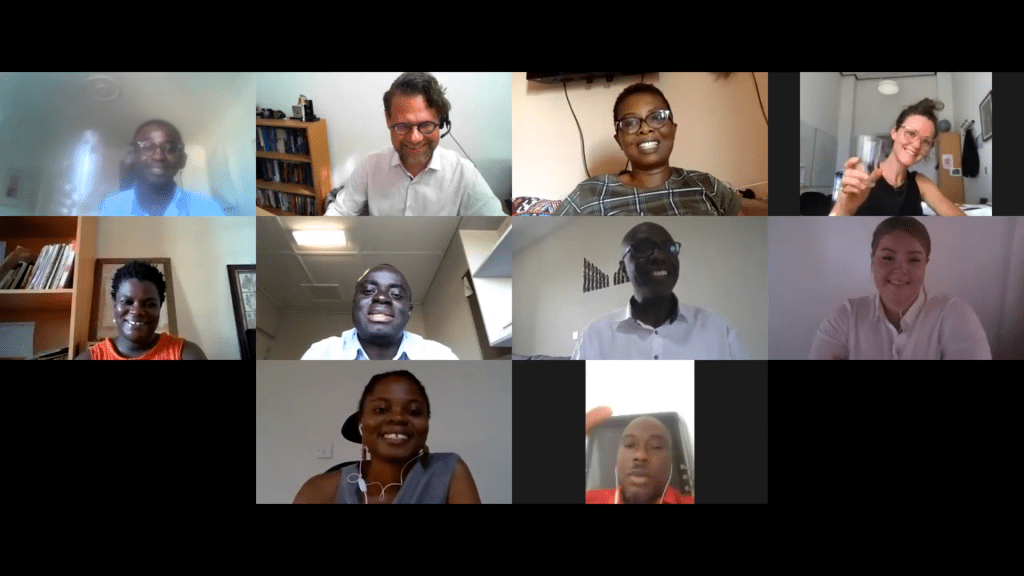On 25 June 2020, the ‘Addressing Maritime Insecurity in Ghana (AMARIS)’ project held its ‘Kick-Off Event’. AMARIS is a two and a half year initiative funded by the Ministry of Foreign Affairs of Denmark, administered by the DANIDA Fellowship Centre and based at the Department of Political Science, University of Copenhagen. AMARIS started in March 2020 and the ‘Kick-Off Event’ marked the end of its inception phase and the launch of the fieldwork phase. The main purpose of the kick-off event was to agree on the joint research strategy for all four partner institutions, to discuss innovative data collection methods in light of the current Covid situation, but also how to generate new theoretical insights.
Paradigmatic case

AMARIS studies maritime insecurity and the responses to it in Ghana. The country is seen as a paradigmatic case that stands for the significant challenges linked to maritime security. Blue crimes, such as piracy, armed robbery at sea, or illegal fishing and waste dumping affect the country’s economy negatively. There are also issues linked to port security, smuggling and stowaways. The AMARIS project through its four work packages aims to conduct a theory-driven and in-depth study of maritime (in)security in Ghana. The project investigates the manifestations of maritime crime in the country (work package 1, led by the Kofi Annan International Peacekeeping Training Center (KAIPTC)), the governance responses to maritime (in)security that have developed in the past twenty years (work package 2, led by the Center for Maritime Security and Law in Africa (CEMLAWS)), and the capacity building assistance that is carried out in the country by international partners (work package 3, led by the University of Copenhagen in collaboration with the University of Ghana). Together, the four work packages will make a substantial contribution to better tackle maritime security challenges in Ghana, the Gulf of Guinea and elsewhere.
Best practices
AMARIS is the first project that studies the maritime security challenges of a country in the Global South in such depth. A lot can be learned from this case study. The research will reveal best practices that can be shared with others, but also outlines the tensions and challenges that persist in this arena. In addition to carrying out research, part of AMARIS is also the organization of a pilot training school that has the ambition to shape a future generation of maritime security analysts in the region.

Dear team, we are following your project and would like to connect when the lockdown lifts and we can move again. Our project, Support for West Africa Integrated Maritime Security is designed to support the regional maritime control centres and national maritime agencies by raising capacity and providing equipment. We also work with civil society and the private sector, though much is on hold right now. We would like to keep in touch and see how we can learn from your efforts to improve maritime security. Security we define as stretching from armed robbery at sea and piracy to IUU fishing and pollution.